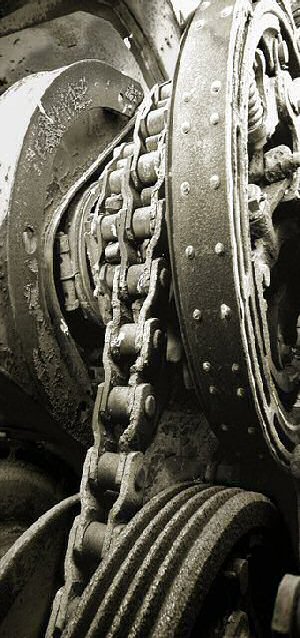
Petri trilogy Sunday 24th July
Elio Petri's 'social schizophrenia' trilogy
Sunday 24th July | Doors 5.30pm | Admission Free
Colorama Cinema
52-56 Lancaster Street
London SE1
6pm Indagine su un cittadino al di sopra di ogni sospetto / Investigation of a Citizen Above Suspicion (110mins)
8pm Talk by Alberto Toscano and discussion
9pm La classe operaia va in paradiso / The Working Class Goes to Heaven (109mins)
11pm La proprietà non è più un furto / Property is no Longer Theft (120mins)
People want to go to the cinema just to forget pressing events. Nor do they want political or ethical lessons to pour from the screen. People know enough about unhappiness and do not want to hear anything about it. They do not want pedagogism nor brain washing. They want to enjoy themselves. Movies in the cinema must be consumer goods, like everything else, with no trace of trouble, nor uneasiness. This is the moment we are going through; that indifference, not to mention mistrust, has never spurred any mind. [...]
Today, to make a film, plenty of craziness and a great love for the cinema is required. And this is probably the only positive side of the matter. - Elio Petri, from the book L'avventurosa storia del cinema italiano
Indagine su un cittadino al di sopra di ogni sospetto / Investigation of a Citizen Above Suspicion, 1970, (110mins)
During a crackdown on political dissidents of the day, a suave, psychopathic Roman police inspector (Gian Maria Volonté) slashes the throat of his masochistic mistress (Florinda Bolkan). Perversely put in charge of the investigation, the inspector plants clues that implicate himself and then craftily diffuses them, ostensibly to prove his invincibility. A biting critic of Italian police methods and a psychological study of a budding crypto-fascist, the film outraged the Italian Right, but proved a huge box office success.
La classe operaia va in paradiso / The Working Class Goes to Heaven, 1971 (109mins)
Petri's absurd political fable shared top honours at the Cannes Film Festival with compatriot Francesco Rosi's The Mattei Affair. A giddy, gut-level, sex-and-politics criticism of industrial capitalism, the film features Petri regular Gian Maria Volonté as Lulu, a gung-ho Turin factory worker caught up in the dehumanizing wheels of mechanical production and meaningless mass production. Sexual fantasies drive his productivity for the company, but his perspective of work and life undergo a radical transformation when he is injured in a factory accident and temporarily laid off. Petri opts for an aggressive, expressionistic visual and aural approach that effectively captures the brutality of modern industrial working conditions. Golden Palm at Cannes (1972)
La proprietà non è più un furto / Property is no Longer Theft , 1973 (120mins)
Money (and private property) are definitely the root of all evil in this eccentric work, the third film remains the most rarely seen in this loose trilogy on "social schizophrenia" that also includes Petri's Investigation on a Citizen Above Suspicion and The Working Class Goes to Heaven. This barbed satire concerns a lowly bank clerk (Flavio Bucci) allergic to money and revolted by its nefarious influence on humanity. He launches a campaign of harassment against a wealthy butcher (Ugo Tognazzi), stealing small insignificant items (but never money) from the man.
Alberto Toscano
As part of this screening, Alberto Toscano will give a short talk putting Petri's trilogy in it's political context in the expanding social struggles of Italy in the early 1970s. Alberto teaches at Goldsmiths College, publishes widely in the Anglosphere, Italy and France. Amongst his listed interests are: Marx and Marxisms; theories of ‘real abstraction’ and value in capitalism; anarchism and communism; political subjectivity; revolt, revolution, and social change; the politics and sociology of religion (fanaticism, messianism, political theology); Italian workerism (operaismo) and autonomism; cognitive capitalism and immaterial labour; biopolitics; imperialism and empire; economic sociology; contemporary French and Italian thought; the politics of art and the aesthetics of the economy.
There is currently an excellent page of links relating to struggles contemporary with these films on Deterritorial Support Group
Colorama Cinema
52-56 Lancaster Street
London SE1
http://coloramacinema.tumblr.com/
and
http://unemployedcinema.blogspot.com/






Nessun commento:
Posta un commento